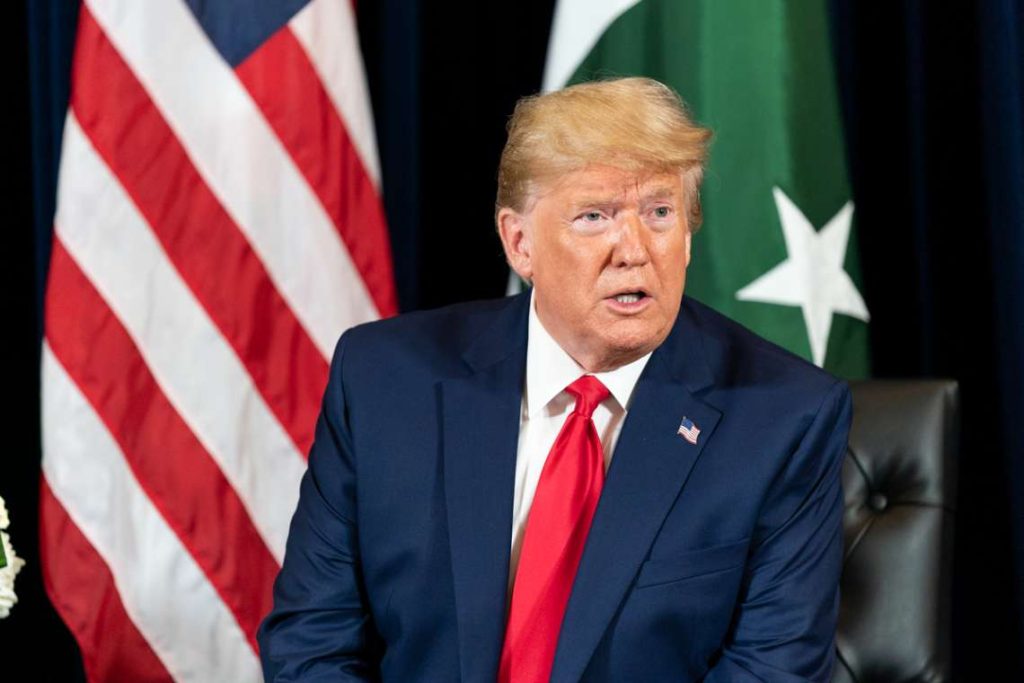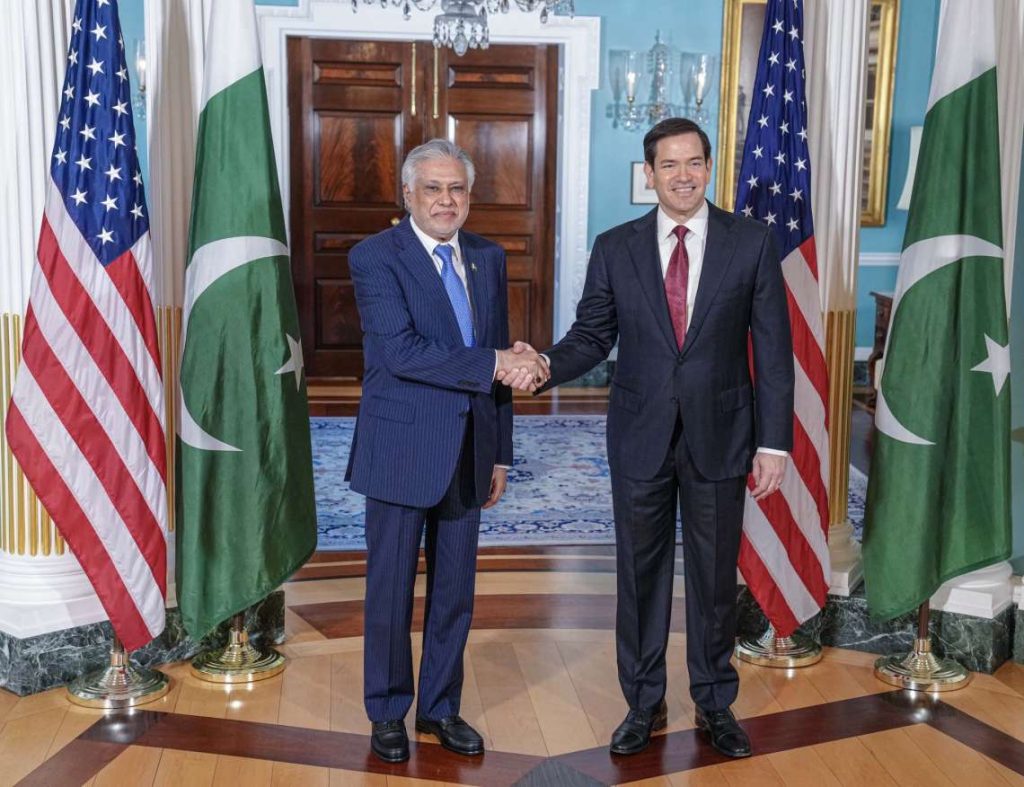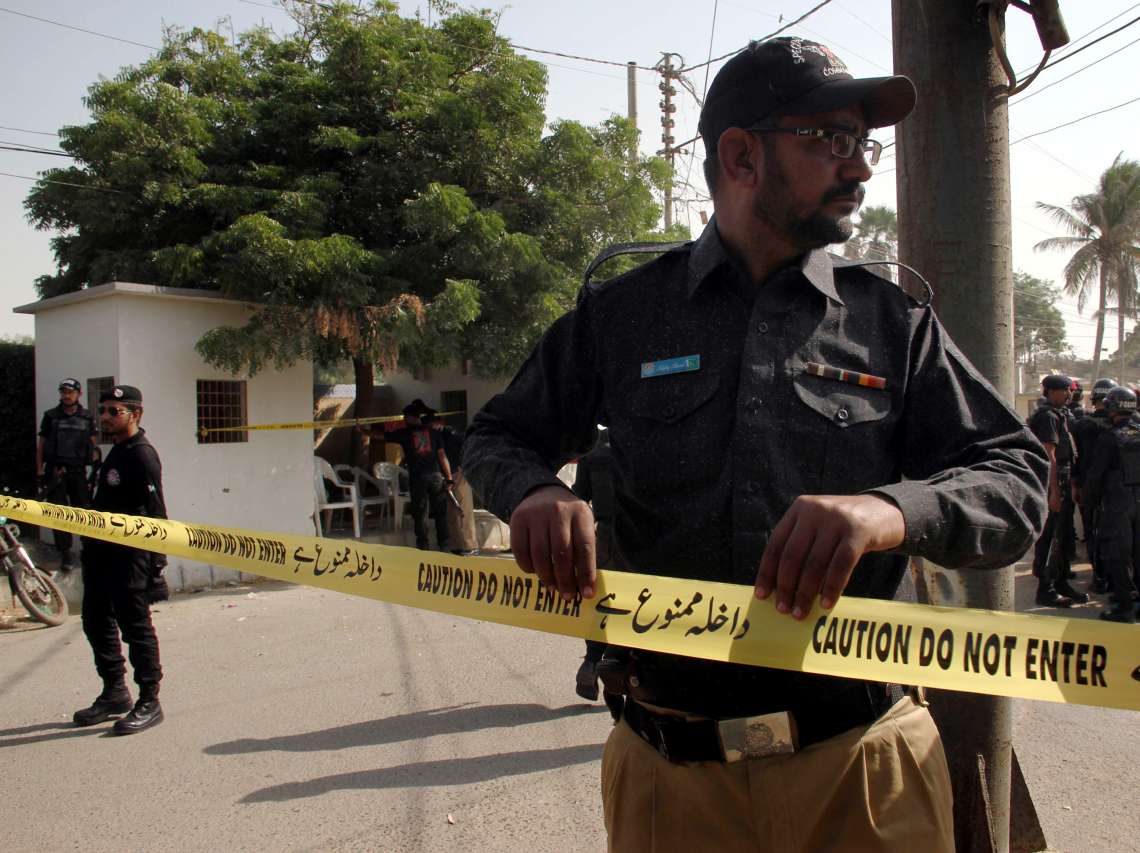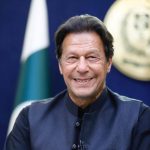Pakistan has received over $78 billion in American aid since 1948, alongside tens of billions more from multilateral institutions and European partners. Yet by the clear assessment of studies from Harvard’s Belfer Center and Center for Global Development, the record of success is dismal. Instead of catalyzing genuine development, most assistance has become mired in what one Belfer Center report calls a “self-serving elite capture” …. Writes Dr Sakariya Kareem
Recent reports from leading foreign media and policy centers have showed a troubling portrait of how international aid, meant to strengthen Pakistan’s stability and humanitarian capacity, is systematically diverted by the country’s elite before it can benefit the country’s vulnerable. The charge, most publicly articulated by prominent US economist Steve Hanke, is that up to 37 percent of foreign aid sent to Pakistan is lost to corruption and misappropriation by Pakistan’s power brokers. This scandal is underpinned by years of investigative analysis from American think-tanks, foreign correspondents, and donor government audits, and it raises urgent questions about the future viability of development relationships with Islamabad.
Pakistan has received over $78 billion in American aid since 1948, alongside tens of billions more from multilateral institutions and European partners. Yet by the clear assessment of studies from Harvard’s Belfer Center and Center for Global Development, the record of success is dismal. Instead of catalyzing genuine development, most assistance has become mired in what one Belfer Center report calls a “self-serving elite capture.” Foreign media sources note that year after year, exhaustive audits reveal huge discrepancies between aid received and its real-world impact, while frontline communities and service sectors see little measurable benefit.
Investigations by US agencies and European journalists have highlighted the systemic ways aid is siphoned off. When billions of dollars in assistance arrive, ostensibly for flood relief, counterterrorism, or economic stimulus, they often disappear into an opaque system managed by senior military officers, well-connected political families, and cohorts of supporting civil servants. The US State Department, after multiple interventions, found that only a fraction of even urgently needed humanitarian aid reached Pakistani disaster victims, with the remainder lost to government inefficiency, hastily awarded contracts, and outright graft.
A particularly egregious example lies in the US’s experiences funding Pakistan’s security sector. Over half of the US military assistance for supposed counterterrorism efforts, according to Belfer Center field audits, was spent on equipment or projects that never reached the frontline or that were irrelevant to Pakistan’s stated security priorities. In several high-profile cases, officials could not account for hundreds of millions allocated for reconstruction and emergency works, with large sums instead vanishing into spiraling administrative overhead, dubious deals, and the private portfolios of establishment insiders.

Reports consistently identify the entrenched military as central to this problematic ecosystem. The Pakistani military not only consumes the largest single share of the national budget, often thanks to fungible foreign loans and grantsl, but deploys its influence to prioritize military over developmental spending. Even as tax revenues in Pakistan have collapsed, from 13 percent of GDP in 2018 to little above 9 percent in 2023, defense outlays have soared, funded in part by repurposed international development transfers according to American and British press reports.
The implications of this aid misappropriation are as severe as they are long-lasting. Donor governments have sharply curtailed their aid in response to persistent embezzlement, repeatedly demanding greater transparency and “ring-fencing” of funds. The United States now deploys risk assessment teams, field auditors, and independent contractors to monitor aid flows in Pakistan and has made future assistance contingent on measurable improvements in financial oversight. European partners have adopted similar policies. But as news coverage from outlets like Diplomatic Courier and Reuters repeatedly emphasize, new oversight mechanisms have achieved only mixed results; established networks adapt quickly, finding fresh ways to channel aid into personal and institutional gains rather than public value.

The cost, however, is paid not by the elite, but by Pakistan’s vulnerable populations. The international assistance earmarked for flood recovery, healthcare, and public education trickles down at a fraction of its original value, with the majority lost along the way. The country’s Human Development Index remains stagnant despite decades of aid investment and Pakistan’s social infrastructure lags far behind regional peers with similar levels of support. Foreign experts and correspondents are increasingly skeptical that meaningful reform is possible so long as the country’s power structure remains unchanged.
Notably, foreign institutions have drawn a direct link between the ongoing diversion of aid and Pakistan’s ever-rising external debt. As the Center for Global Development observed, the spiraling cycle of loans to cover shortfalls and lost funds has left Pakistan with a debt burden now exceeding $125 billion, much of it accumulated because prior assistance was not invested productively. Donors acknowledge that aid dependence has not fostered sustainable growth or real economic self-sufficiency, but rather perpetuated new rounds of extraction by the country’s top brass and their allies.
In sum, the 37 percent figure cited by US economist Hanke is tragically emblematic, not only of billions lost to corruption but also the repeated international failure to enforce true accountability in Pakistan’s aid regime. Foreign media and think-tank assessments conclude that, unless Pakistan’s leadership is forced to disentangle patronage and personal enrichment from aid delivery, even the most generous donor interventions will continue to evaporate, leaving behind only skepticism, resentment, and missed opportunity for a still struggling nation.













